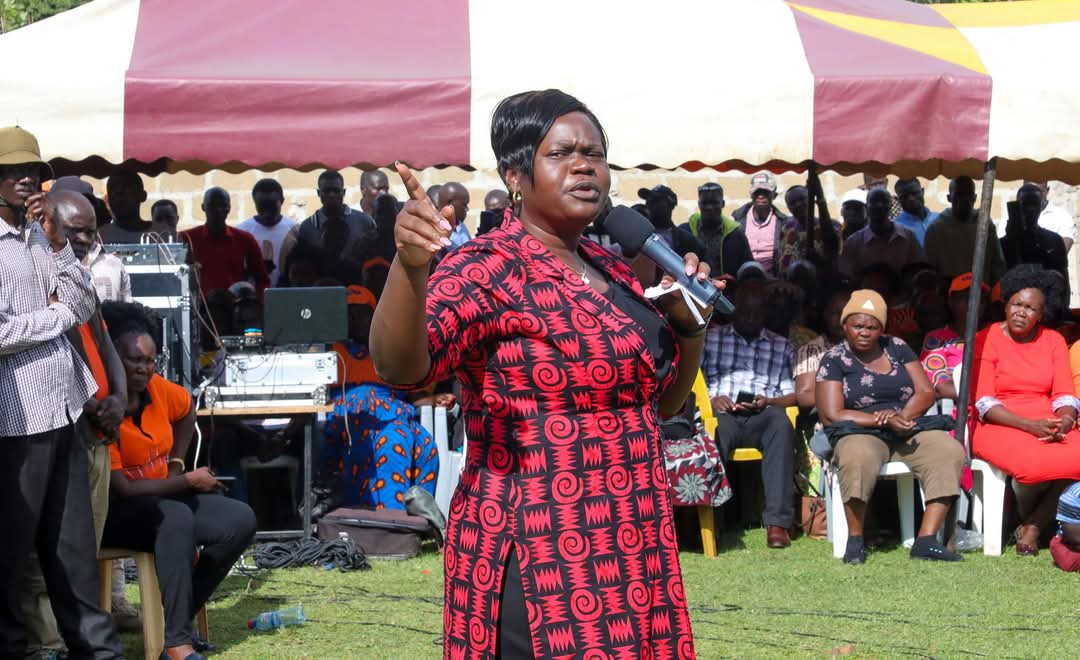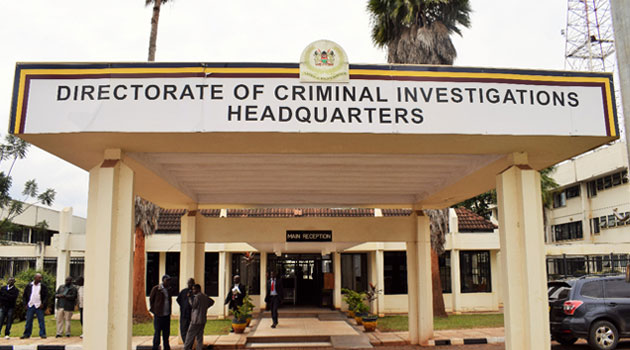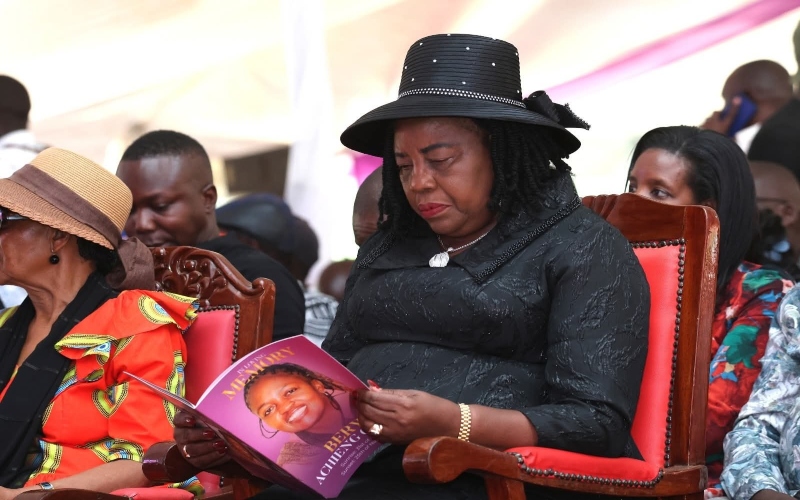Multi-billion shilling Tana River urbanisation project in limbo
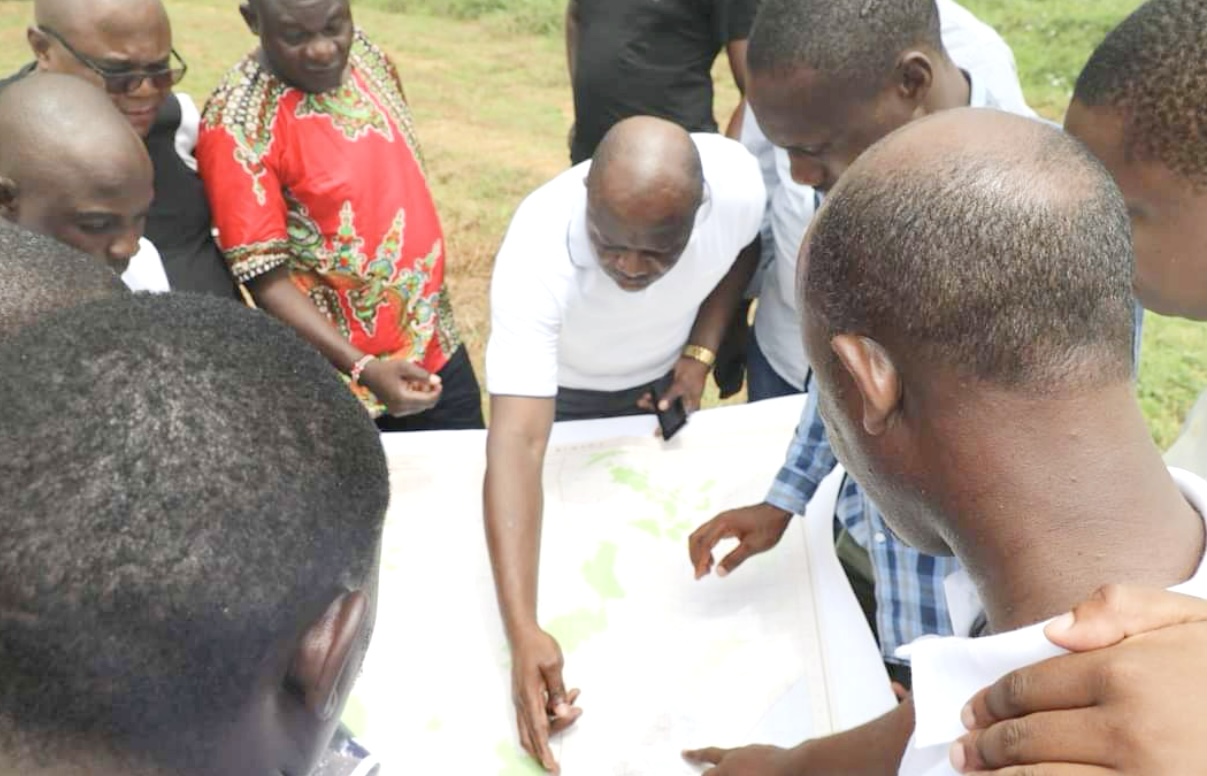
The urbanisation plan has been facing a political backlash that has threatened to drive away development partners.
A Tana River County urbanisation project, worth at least Sh100 billion, is hanging in the balance, putting at risk plans to resettle flood survivors, develop new towns and explain the urban space.
A May 30 letter from the State Department of Housing and Urban Development to the Tana River Lands executive says the county risks being dropped from the Kenya Informal Settlement Implementation Program (KISIP2) as well as from the Kenya Urban Support Program if it does not approve development plans.
More To Read
KISIP, a World Bank-funded programme, has been supporting the planning and titling of 11 settlement areas in Garsen, Hola, Bura, and Madogo, which are the county's major towns.
However, the consultancy contract for the project expired in April and cannot be extended until the county assembly approves the Local Physical Development Plan, putting the progress of the project in limbo
"We are worried that the beneficiaries will not receive their ownership documents as earlier intended," the letter said.
"We intend to exclude Tana River from informal settlement infrastructure implements as well as advise our sister project - the Kenya Urban Support Program - to halt implementation of projects in Tana River until the matter is resolved."
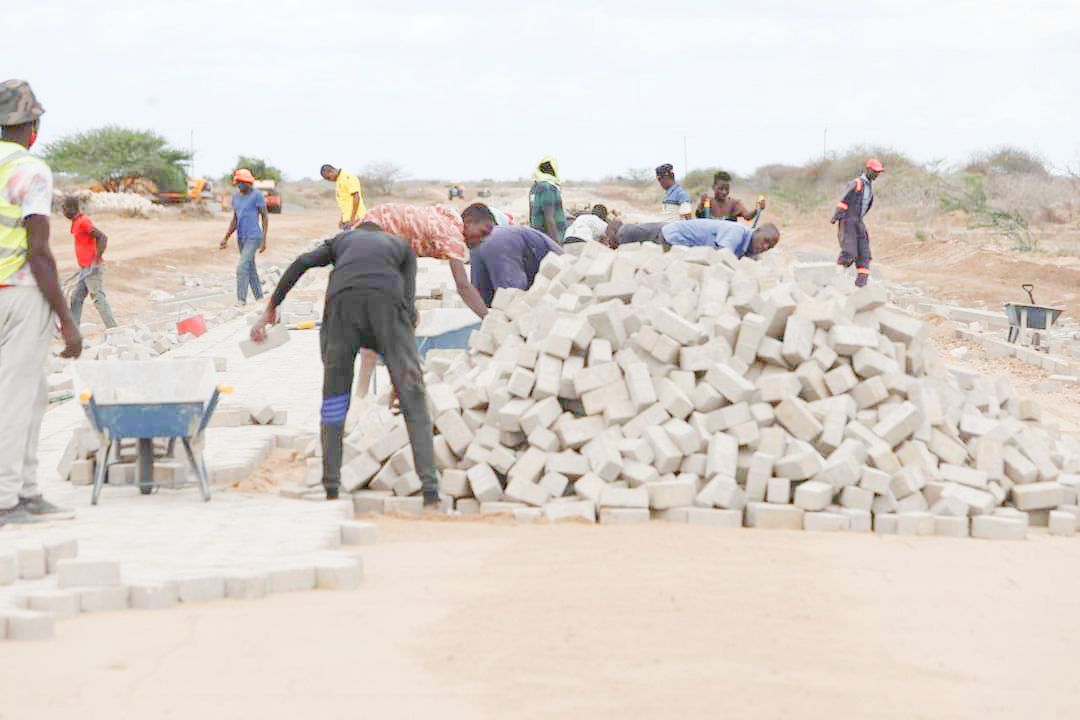 Workers lay cabro bricks in the construction of the first eco-village pilot project in Hola, Tana River County. (Photo: Farhiya Hussein/EV)
Workers lay cabro bricks in the construction of the first eco-village pilot project in Hola, Tana River County. (Photo: Farhiya Hussein/EV)
Alleged sabotage
The urbanisation plan has been facing a political backlash that has threatened to drive away development partners.
Lands Executive Mwanajuma Haribae says the developers need the land use plan, which has been gathering dust at the county assembly before they can proceed with development plans.
"The local physical development plan was submitted to the county assembly in October last year, to a visionary person, and should have received urgent attention just like the grazing bill," Mwanajuma told The Eastleigh Voice on Monday.
She blamed ethnic division inspired by misinformation and political malice, saying they have hampered the process, and accused MCAs of deliberately ignoring the proposal and compromising the vision to put the county on the map for development and economic growth.
"This is not a one-man show that some should sabotage. We are working in the interest of the people of this county - for the future of Generation Z and Generation Alpha," she said.
She reiterated that whereas the conversation should be geared towards redefining and refining the urbanisation agenda, much of it is instead leaning towards malicious incitement of ethnic strongholds for selfish political interests.
As a result, she said, beneficiary communities, for lack of good leadership and honest direction have been polarised against the entire development agenda.
"We are sitting on land as squatters. Our people can be evicted from those areas any day. We are securing their interest but a person entrusted with leadership is negatively inciting them," she claimed.
Adherence to the law
Tana River Speaker Osman Galole noted, however, that the county assembly has been receiving memoranda regarding areas captured by development plans and has been giving complainants an audience in respective house committees.
"We are a house of laws, and the law does not have to favour one side. Our work is to make sure that as the executive exercises its mandate, it does not overstep on the rights of citizens and also does not abuse the constitution," he said on Monday.
Further, he noted that the county assembly does not have any personal vendetta against the executive but advises it to involve the citizens in a satisfactory process.
Meanwhile, a few leaders have urged their communities to jump off the malicious train of selfish politicians and support the project.
At a public forum last month, Idris Dokota, the Principal Secretary in the State Department for Cabinet Affairs, noted that the urbanisation plan would open up Tana River County to great opportunities.
"We are much behind compared to other counties and will continue to lose a lot if we stay on this trajectory of toxic ethnic beliefs. We must choose to move forward and catch up with others," he said.
Among the projects threatened by the stalemate are 10 World Bank-funded irrigation schemes to be fitted with solar power; the Hola Urban Municipal Plan supported by UN-Habitat, and the Spatial Plan supported by the Food and Agriculture Organization (FAO).
There are also 150 pilot low-cost housing units courtesy of Habitat for Humanity.
Top Stories Today






